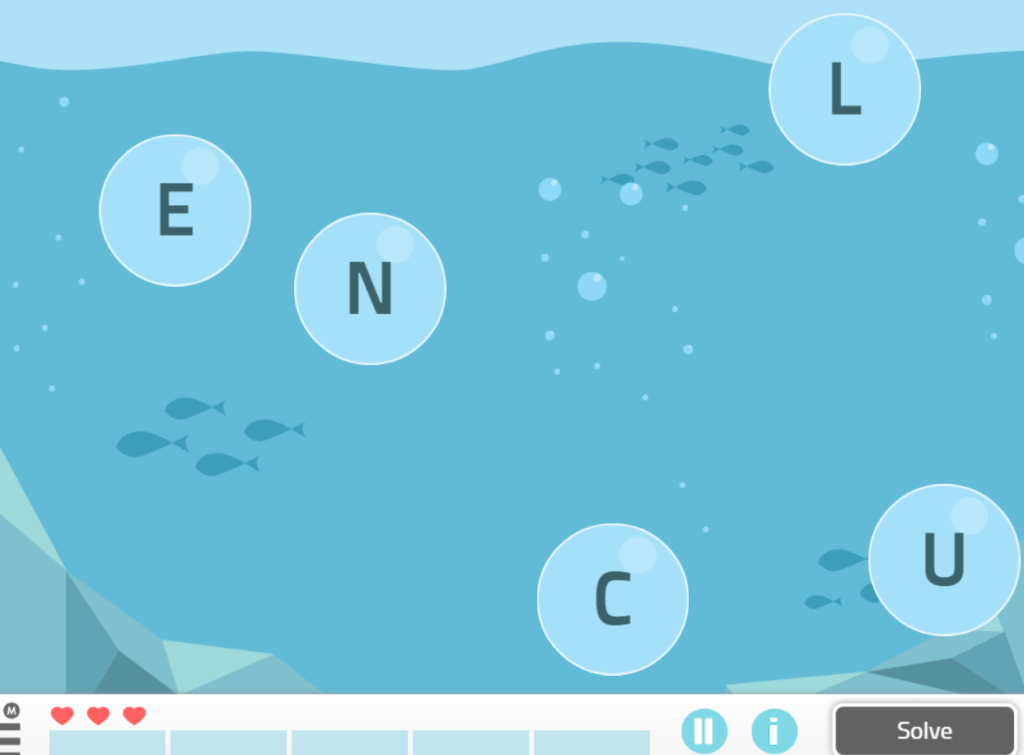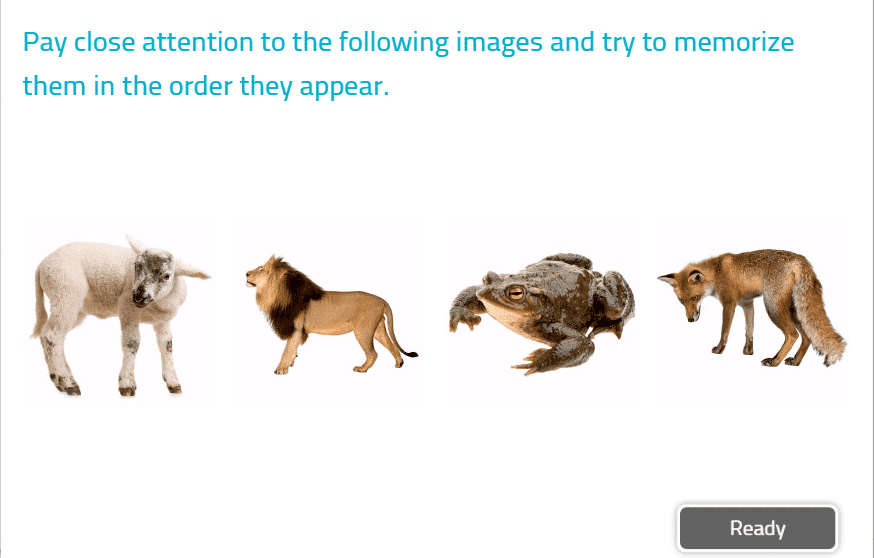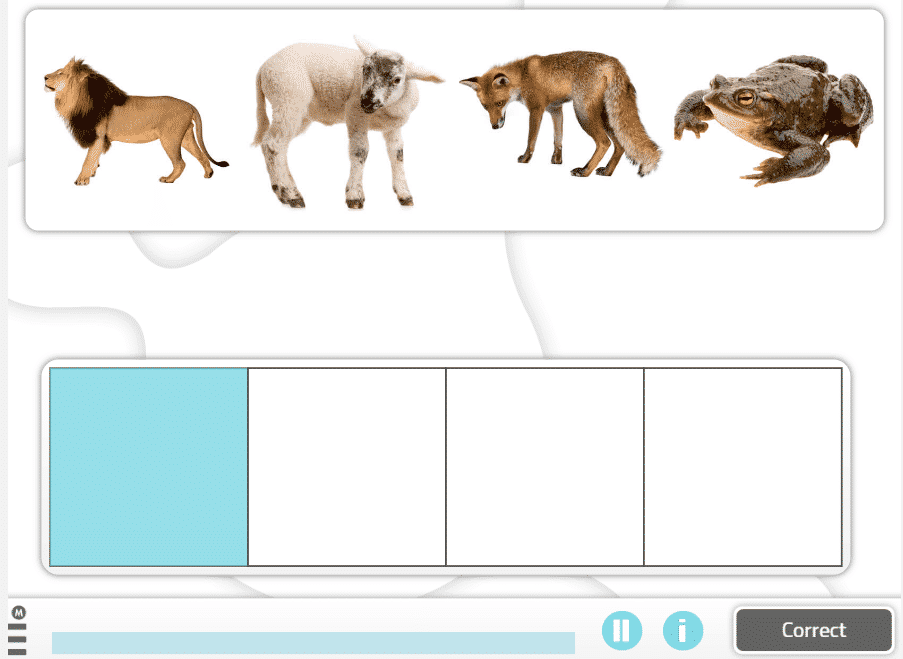The purpose of the Mount Sinai Hospital’s research with NeuronUP is to rehabilitate cognitive impairments caused by the coronavirus
The Mount Sinai Hospital in New York is conducting a research project with NeuronUP on the cognitive sequelae of COVID-19 with more than 200 participants. More participants will join the coming months. The purpose of the Mount Sinai Hospital’s research with NeuronUP is to rehabilitate cognitive impairments caused by the coronavirus, as far as possible.
“At NeuronUP we are very grateful that an institution of the prestige of Mount Sinai Hospital relies on NeuronUP to conduct its research on the cognitive sequelae of COVID-19,” says NeuronUP’s CEO, Íñigo Fernandez de Piérola.
Cognitive profile of affected patients
The preparation phase of the research began last December. The researchers focused on evaluating the cognitive profiles of the patients.
The preliminary study determined that sequelae have occurred not only in elderly people. Young people, who in many cases are highly qualified and occupy positions of responsibility, have suffered sequelae. Those affected are often aware of the loss of cognitive level they have suffered and of the difficulties in carrying out their daily life activities normally. With this intervention, they hope to be able to recover their normal life, both personally and professionally.
Main cognitive sequelae of the coronavirus
The main problems presented by these patients, in addition to the well-known sequelae in olfactory and gustatory gnosias, are problems with attention, memory, language, executive functions and visuospatial skills.
Mount Sinai Research with NeuronUP: Intervention Phase
The rehabilitation phase started last March 8 with 200 participants. The number of participants is expected to increase gradually over the next few months. The intervention will initially last for two months, which can be extended if necessary.
Participants will follow an online intervention program thanks to the telerehabilitation option provided by NeuronUP. Participants will connect three times a week to NeuronUP for 30 minutes. They will carry out the program of activities previously designed by the NeuronUP team of professionals together with the Mount Sinai team. The program has been based on the cognitive profile of the participants and consists of NeuronUP activities to work on the affected cognitive functions.
Schedule of activities of Mount Sinai’s research with NeuronUP
Some of the NeuronUP activities that research participants will have to perform are:
1. Matching Verbs to Images
The participants need to match each verb with the image that represents the action of the verb. This activity works on language.

2. Making Words
This activity consists of making words by putting fragments, syllables or individual letters in the correct order. This task is perfect for improving the language.

3. Memorize the Order
In this case, the researcher urges the participant to memorize the order of the animals displayed. Afterwards, the participant must order them in the boxes as they appeared in the image from memory. This exercise trains episodic memory and working memory.


4. Find the Missing Numbers
This activity consists of finding the missing numbers in a table full of numbers. It is useful to work on attention.

5. Jump the Squares
The participant has to follow a path with the objective of reaching the final square, jumping elements or going backwards, according to the rules indicated. The objective is that the user learns to be flexible according to the task imposed. This exercise is focused on improving inhibition.

6. Consequences
The participants has to determine the possible consequences of these particular situations. This is a digital worksheet to work on reasoning.

Be sure to check back here periodically for updates on the progress of Mount Sinai Hospital’s research with NeuronUP.
If you like this article about Mount Sinai Hospital’s research with NeuronUP, you might find these articles interesting:
Leave a Reply